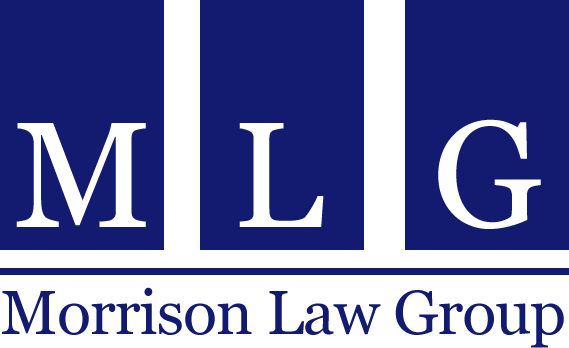In December 2020, United States Senator Elizabeth Warren (D-Mass.) and House Judiciary Committee Chairman Jerrold Nadler (D-N.Y.) introduced the Consumer Bankruptcy Reform Act of 2020 (CBRA). The CBRA evaluates consumers’ abilities to make payments to their creditors based on the amount of their non-exempt assets and their income.
Consumers who must make payments to their creditors will propose repayment plans to be paid with a minimum payment obligation over three years. Creditors would receive payment as they do currently under the current priority scheme. Plans are confirmed so long as they are feasible, not proposed in bad faith, and pay the full minimum payment obligation. Perhaps most importantly, filers receive their discharges at the time their plans are confirmed, rather than after the successful completion of plan payments.
The second part of our blog on the CBRA contains the following summary of the changes that the CBRA will make to our bankruptcy system.
The Consumer Bankruptcy Reform Act will:
*Eliminate Chapter 7 and Chapter 13 bankruptcies. The CBRA would replace the current consumer bankruptcy Chapters 7 and 13 with a new Chapter 10 bankruptcy. Under the CBRA, consumers with debts less than $7.5 million would file under the new Chapter 10. Consumers with debts greater than $7.5 million would seek relief under Chapter 11.
*Eliminate the credit counseling requirement. The Bankruptcy Abuse Prevention and Consumer Protection Act of 2005 (BAPCPA) mandated that the discharges of bankruptcy filers were contingent on participation in a credit counseling course and filing a certificate of completion in their bankruptcy cases. The CBRA eliminates this requirement.
*Continue remote (341) meetings of creditors. Every bankruptcy debtor must attend a meeting of the creditors (341 meeting). The COVID-19 pandemic caused these meetings to be held remotely through video conferences and telephonic hearings. The new bill would continue this practice thus imposing much less of a burden on individuals who often missed work to attend a meeting that lasted less than fifteen minutes. Additionally, 341 meetings will be scheduled so as not to conflict with filers’ work schedules.
*Eliminate the preclusion from spending funds on luxury expenses. Under current law, the bankruptcy cases of consumers may be converted to a different chapter or dismissed as “abusive” if consumers choose to spend their money on certain “luxury” expenses, such as private school tuition, luxury vehicle payments, and support payments for adult children. The CBRA eliminates this analysis and, instead, examines whether consumers have adequate funds to make a “minimum payment obligation” based on the value of their non-exempt assets and annual income.
*Provide immediate discharges in some cases. Currently, a discharge is obtained in a little longer than 90 days in a Chapter 7 bankruptcy case and 3 to 5 years in a Chapter 13 bankruptcy case. The new legislation proposes immediate discharge under certain circumstances. The CBRA provides that consumers who have insufficient non-exempt assets and income to trigger a minimum payment obligation will receive their discharges immediately.
*Allow payment of attorney fees over time. The data shows that some consumers cannot afford legal representation in a Chapter 7 bankruptcy case. Why? Filers are required to make a lump-sum payment for all attorneys’ fees before filing. The CBRA would allow debtors to pay their attorneys in installments instead of requiring an advance lump-sum payment. This provides the opportunity for debt relief for those consumers who would otherwise be unable to afford legal representation in a bankruptcy case.
*Allow some previously non-dischargeable debts to be discharged. Many Americans are saddled with excessive, burdensome student loan debt. Currently, student loan debt is only dischargeable in bankruptcy if the student loan borrower shows “undue hardship,” which was a nearly insurmountable undertaking. The CBRA would allow student loans to be dischargeable in bankruptcy. The CBRA amends section 523 to allow consumers to discharge certain previously non-dischargeable debts, including student loan debts. This includes both private and federal student loans. Under the CBRA, student loan debts are generally treated like other unsecured consumer debts.
Experienced bankruptcy counsel may be necessary to help you understand your rights in your unique personal, financial situation. Theron Morrison has helped 8,000 people file Chapter 7 and Chapter 13 bankruptcy cases to gain a fresh start. Call 801.456.9933 to schedule a FREE consultation. We have locations in Ogden, Logan, Sandy, Orem, and St. George to serve the residents of the counties of Weber, Cache, Salt Lake, Utah, Morgan, Davis, Washington, and surrounding areas.


